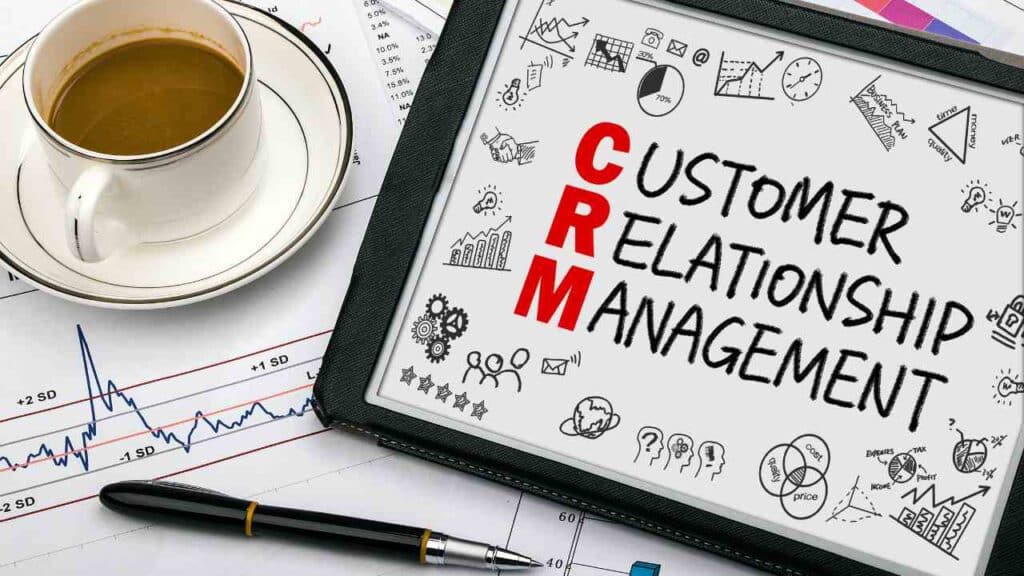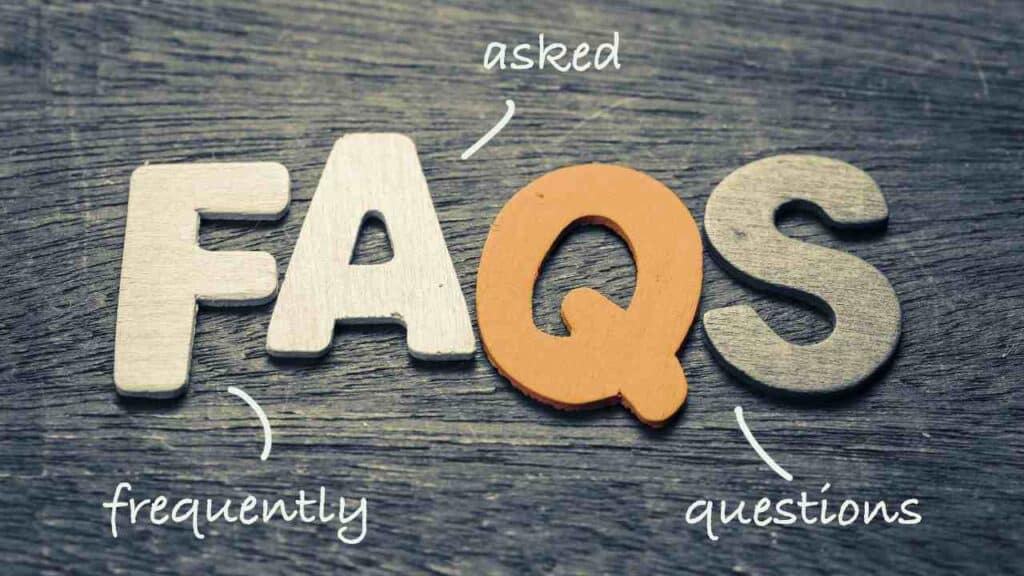Leveraging CRM Solutions to Optimize Metrics

Customer Relationship Management (CRM) solutions have become an essential tool for businesses of all sizes. These software platforms enable organizations to manage their interactions with customers, streamline sales processes, and improve overall customer satisfaction. However, the true power of CRM solutions lies in their ability to optimize metrics and provide valuable insights that can drive business growth. In this article, we will explore how businesses can leverage CRM solutions to optimize metrics and achieve their sales and marketing goals.
Understanding CRM Metrics
Before diving into the ways CRM solutions can optimize metrics, it is important to understand what CRM metrics are and why they matter. CRM metrics are key performance indicators (KPIs) that measure the effectiveness of a company’s customer relationship management efforts. These metrics provide insights into various aspects of the customer journey, sales pipeline, and marketing campaigns.
Some common CRM metrics include:
- Customer Acquisition Cost (CAC)
- Customer Lifetime Value (CLV)
- Conversion Rate
- Churn Rate
- Lead Response Time
- Opportunity Win Rate
By tracking and analyzing these metrics, businesses can identify areas of improvement, make data-driven decisions, and optimize their sales and marketing strategies.
The Role of CRM Solutions in Optimizing Metrics
CRM solutions play a crucial role in optimizing metrics by providing businesses with the necessary tools and insights to measure, track, and improve their performance. Here are some ways CRM solutions can help optimize metrics:
Centralized Data Management
A CRM solution acts as a centralized hub for storing and managing customer data. By consolidating customer information, interactions, and transactions in one place, businesses can gain a holistic view of their customers and make informed decisions based on accurate and up-to-date data. This centralized data management enables businesses to track and measure various CRM metrics effectively.
Improved Sales Pipeline Visibility
CRM solutions provide businesses with a clear and comprehensive view of their sales pipeline. By tracking the progress of leads and opportunities through different stages of the sales process, businesses can identify bottlenecks, optimize conversion rates, and improve overall sales performance. With real-time visibility into the sales pipeline, businesses can make data-driven decisions to drive revenue growth.
Automated Reporting and Analytics
CRM solutions offer robust reporting and analytics capabilities that enable businesses to generate customized reports and analyze key metrics. These reports provide valuable insights into the effectiveness of marketing campaigns, sales activities, and customer interactions. By automating the reporting process, businesses can save time and effort while gaining actionable insights to optimize their metrics.
Integration with Marketing Automation Tools
CRM solutions often integrate with marketing automation tools, allowing businesses to track the effectiveness of their marketing campaigns and measure key metrics such as conversion rates, lead generation, and customer engagement. By aligning marketing efforts with CRM data, businesses can optimize their marketing strategies, improve lead quality, and drive higher conversion rates.
Case Study: XYZ Company
To illustrate the impact of leveraging CRM solutions to optimize metrics, let’s consider the case of XYZ Company, a small e-commerce business. XYZ Company implemented a CRM solution to streamline their sales processes and improve customer satisfaction.
By using the CRM solution, XYZ Company was able to:
- Track and measure their customer acquisition cost (CAC) to identify the most cost-effective marketing channels.
- Analyze customer lifetime value (CLV) to segment their customer base and tailor marketing campaigns accordingly.
- Monitor lead response time to ensure timely follow-ups and improve lead conversion rates.
- Optimize their sales pipeline by identifying bottlenecks and implementing targeted strategies to improve conversion rates.
As a result of leveraging the CRM solution, XYZ Company experienced a 20% increase in sales revenue and a 15% improvement in customer satisfaction. The insights provided by the CRM solution allowed XYZ Company to make data-driven decisions, optimize their metrics, and drive business growth.
Key Takeaways
CRM solutions offer businesses a powerful tool to optimize metrics and achieve their sales and marketing goals. By leveraging CRM solutions, businesses can:
- Centralize data management for accurate and up-to-date insights.
- Improve sales pipeline visibility to identify bottlenecks and optimize conversion rates.
- Automate reporting and analytics to save time and gain actionable insights.
- Integrate with marketing automation tools to align marketing efforts with CRM data.
By harnessing the power of CRM solutions, businesses can make data-driven decisions, improve customer satisfaction, and drive revenue growth. To learn more about CRM solutions and how they can benefit your business, visit https://SaasExpert.ca – Your All-In-One Sales and Marketing Platform for small businesses, agency owners, and marketers.
Learn more about the “Opportunities for Increasing Metrics with CRM Solutions” right here.
Frequently asked questions about Leveraging CRM Solutions to Optimize Metrics.

1. What are the key benefits of using a CRM to optimize metrics? 🤔
Answer: Leveraging a CRM solution provides a plethora of benefits to optimize metrics! 🌟
Data Centralization: With a CRM, you can centralize all your customer data, making it easier to track and analyze. No more scattered spreadsheets or sticky notes! 📌
Enhanced Sales Forecasting: A sophisticated CRM helps in forecasting sales trends, allowing businesses to make informed decisions and set realistic targets. 📈
Improved Customer Interactions: By keeping a record of all customer touchpoints, a CRM can highlight areas of opportunity or potential concern, which helps optimize customer relationship metrics. 💬
Increased Revenue: By tracking lead conversion rates and sales performance, CRMs can help pinpoint strategies that are yielding the highest ROI. 💰
Automation of Tasks: Automated workflows ensure timely follow-ups, improved response times, and efficient task management, leading to optimized productivity metrics. ⏰
2. How does CRM integration impact marketing metrics? 📩
Answer: Integrating CRM into your marketing efforts is a game-changer! 🎉
Segmentation & Personalization: CRM data allows marketers to segment their audience and deliver more personalized campaigns. Result? Better open rates, click-through rates, and conversion rates! 🎯
Lead Scoring: By scoring leads based on their interactions, you can prioritize high-potential leads, optimizing conversion efforts. 🔝
Customer Journey Mapping: Track a customer’s journey from initial touchpoint to conversion, providing insights to refine marketing strategies. 🛤️
ROI Measurement: Track campaign performance directly against sales and conversions, ensuring your marketing budget is always well-spent. 💹
3. Can a CRM solution really boost team productivity? 🏋️♀️
Answer: Absolutely! Here’s the magic of CRM for team productivity. ✨
Collaboration Enhancement: CRM systems allow teams to collaborate in real-time, ensuring everyone is on the same page. No more duplicated tasks or miscommunications! 🤝
Automated Processes: By automating repetitive tasks, team members can focus on what they do best, whether it’s closing deals or nurturing relationships. 🚀
Actionable Insights: Dashboards and reports give a clear picture of tasks, performance, and goals, helping teams to align their efforts effectively. 📊
4. Which metrics should I be tracking in my CRM for the best results? 📋
Answer: Great question! The answer can vary depending on your industry and objectives, but here are some universal metrics to consider. 📏
Sales Funnel Metrics: Track the number of leads at each stage, conversion rates, and the average time taken for conversion. ⌛
Customer Retention Rates: Keeping existing customers is just as vital as acquiring new ones. Monitor how many customers stick around over time. ❤️
Customer Lifetime Value (CLV): This metric gives insights into the total revenue a customer can bring during their lifetime with your business. 🤑
Customer Satisfaction Scores: Gather feedback and monitor satisfaction levels to ensure you’re meeting customer needs. 😊
Activity Metrics: Track calls, emails, meetings, and other touchpoints to ensure regular and meaningful customer interactions. 📞
5. How can I ensure my team adopts and fully utilizes the CRM for optimal results? 🙋♂️
Answer: Successful CRM adoption is pivotal! Here’s how to ensure it:
Training Sessions: Regularly conduct training sessions to familiarize your team with the CRM’s functionalities. Knowledge is power! 🎓
Integration with Familiar Tools: If your CRM integrates seamlessly with tools your team already uses (like email, calendar, etc.), adoption becomes smoother. 🔄
Feedback Loops: Create channels for team members to provide feedback or voice concerns about the CRM, and act on it. 🔄
Set Clear Expectations: Define what metrics are important, how they should be tracked, and establish regular check-ins. 🎯
Celebrate Wins: Recognize and celebrate when the team achieves milestones or utilizes the CRM effectively. A little motivation goes a long way! 🎉
Remember, leveraging a CRM solution is not just about the technology but also about the culture and habits formed around it! 💡
- crm
- customer relationship management
- Leveraging CRM Solutions to Optimize Metrics
- What is CRM Software?






